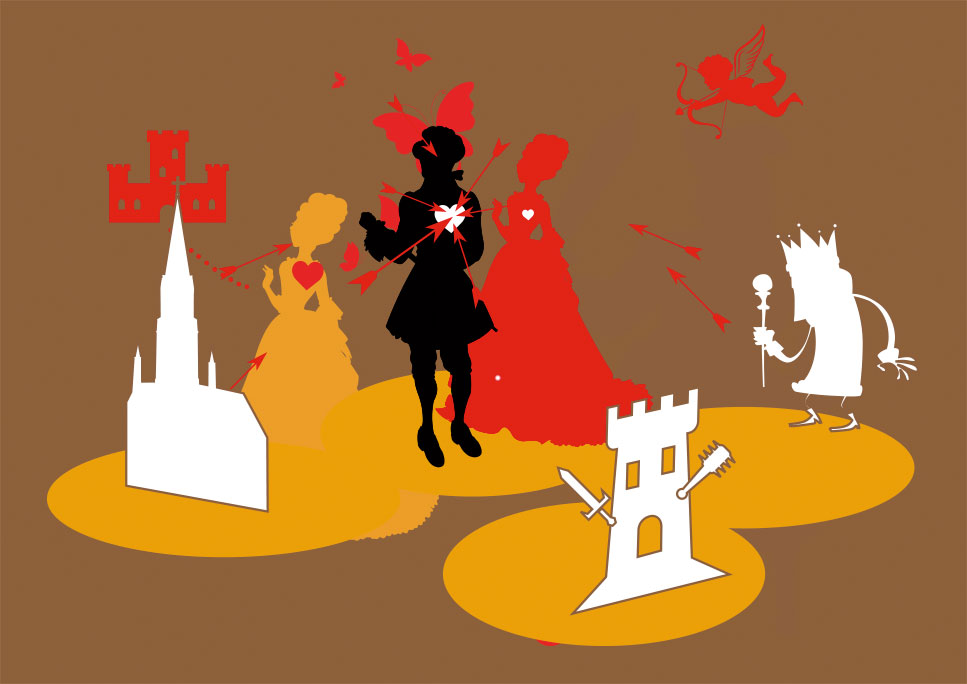Several Dutch elopement stories recently published suggest that the young woman would ‘let herself be taken away’ by her lover. Both early modern elopements and abductions are in Dutch called schaking. Elopements were done with the help and consent of the young lady, abductions took place without her consent and thus violently. Nevertheless, the Dutch word schaking covers both types. At some point in time in publications the notion started to come into being in which she zich liet schaken, let herself be taken away. This is utter nonsense.
Schaking was a criminal offence, highly dishonourable, and not something any young woman in early modern times would want to be associated with. It meant she would openly show that she was having an illicit sexual affair with someone to whom she was not married. She could be accused of being a prostitute. This accusation would seriously impair her honour position in society, by her own doing notably, which is completely illogical.
The accusation, and the use of the word schaking, were part of the schaking discourse that existed in the Dutch Republic. This means that in society schaking was seen and discussed as a very bad thing, dishonourable, committed by a criminal young man who would take advantage of an innocent girl and who had to be punished by death. This retoric was used in almost every case. To the schaking discourse were added new cases, new legal studies, new publications in early modern press, and of course, often exaggerated by gossip and ‘fake’ news. This discourse was meant to have an educational tone, making clear that that kind of behavior and conduct was highly suspicious, and ‘not done’ for honorable people. The schaking discourse was a special part of what I call the honour discourse that existed then. This discourse was a regular topic in society, in which people discussed the right, honourable and morally correct way to behave by referring to clearly questionable conduct of a man or a woman, or a group, who should have known better.
So, it was socially very damaging for a young woman to be thusly accused of ‘letting herself’ be taken away. But what happened then in those cases in which nowadays she is said to let herself being geschaakt?
In court files we read about the actual ‘honour event’ of leaving her home with her lover. This honour event was part of the ‘honour process’, a notion I use for describing the course of events dominated by honour reflexes by both parties: she and her lover on one side, her family and, indeed, the rest of the ‘world’ on the other. At the very moment she left, the pair would have asked a few friends or sometimes strangers to watch the event and have their view of the prceedings written down in a witness account validated by a public notary. These, in the vocabulary of the schaking discourse called ‘quasi-witnesses’, recorded the moment the young woman climbed on the cart or into the carriage, hearing her say that she left her violent family for a safe haven, and have for company ‘a’ young man to escort her there. Thus she aimed to show she was not a loose woman, but a victim who was forced to take matters in her own hands, as many other would do in similar circumstances. In other words: that she behaved in the most prudent fashion, saving her precarious honour position.
We would see this as a charade, a piece of theatre, but in those days the couple would sincerely be convinced it acted in a decent, honourable way, as was prescribed in the honour discourse. They would present the witness accounts in the court case, where they would be ignored by the judges, influenced and biased as they were by the schaking discourse.
October 30th, 2020
See for more examples of ‘laten schaken’ the Digitale Vrouwen Lexicon (in Dutch) and search for ‘schaking’.
